Publications
Articles, publications, books, tools and multimedia features from the U.S. Institute of Peace provide the latest news, analysis, research findings, practitioner guides and reports, all related to the conflict zones and issues that are at the center of the Institute’s work to prevent and reduce violent conflict.
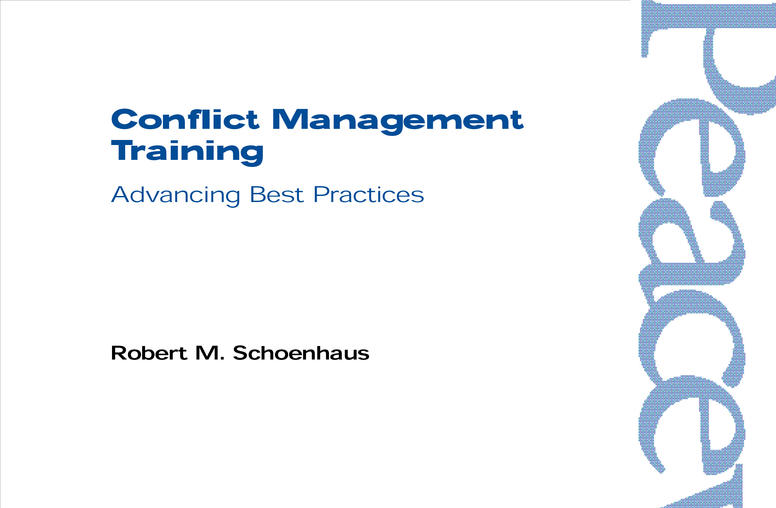
Conflict Management Training: Advancing Best Practices
It was evident throughout the course of the symposium that the group also wanted to explore potential problems and alternative solutions, as well as to recognize some things that have both current and lasting value. This report, prepared by the Institute's Training Program staff, summarizes those papers and discussions and offers some insights into the core concerns of the conflict management community and the ability of training practitioners to be successful in the complex environment in wh...
Peace Agreements: Eritrea-Ethiopia
Agreement between the Government of the Federal Democratic Republic of Ethiopia and the Goverment of the State of Eritrea (12-12-2000) Posted by USIP Library on: December 13, 2000 Source Name: The Embassy of Ethiopia, Washington, D.C. for text of the agreement and date and signature authentication. Date faxed: December 12, 2000 Additional Documents Statement of U.S. Secretary of State Madeleine K. Albright (12-12-2000) Posted by USIP Library on: December 13, 2000 Source Name: Web s...
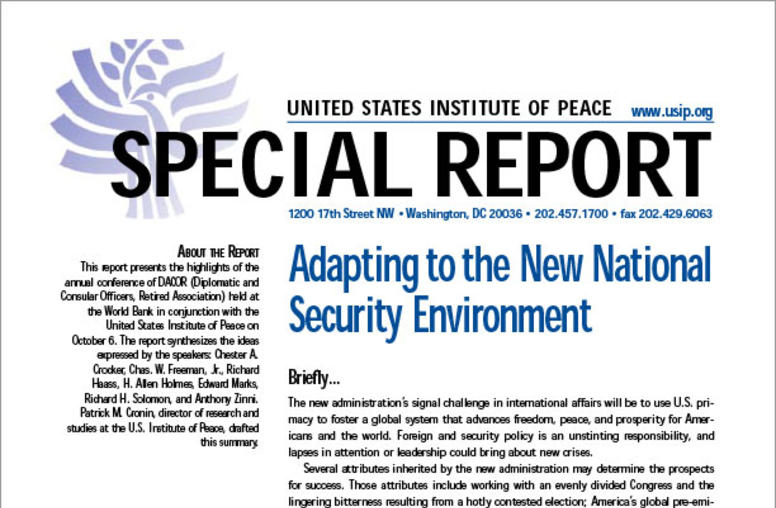
Adapting to the New National Security Environment
Summary The new administration's signal challenge in international affairs will be to use U.S. primacy to foster a global system that advances freedom, peace, and prosperity for Americans and the world. Foreign and security policy is an unstinting responsibility, and lapses in attention or leadership could bring about new crises. Several attributes inherited by the new administration may determine the prospects for success. Those attributes include working with an evenly divided Congres...
Commission of Inquiry: Côte d’Ivoire
Commission of Inquiry: Mediation Committee for National Reconciliation Duration: 2000 – 2001 Charter: Presidential Decree Commissioners: 28 Report: No report
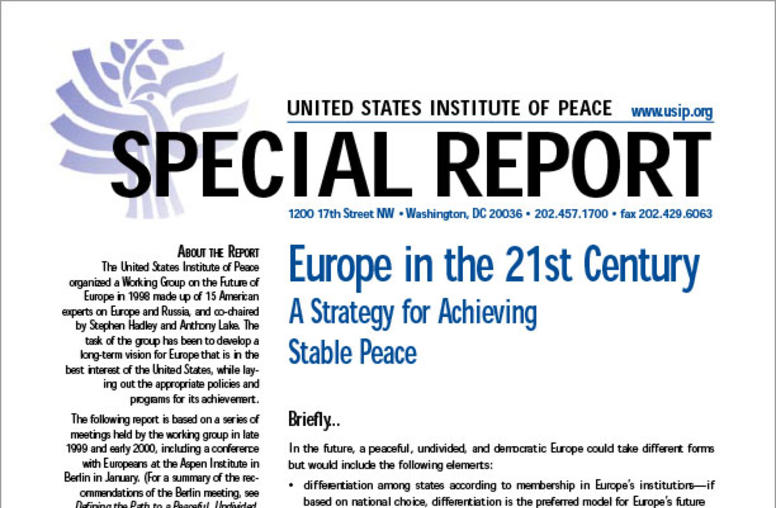
Europe in the 21st Century: A Strategy for Achieving Stable Peace
Summary In the future, a peaceful, undivided, and democratic Europe could take different forms but would include the following elements: differentiation among states according to membership in Europe's institutions--if based on national choice, differentiation is the preferred model for Europe's future a stable peace among European states the integration of Russia into Europe a more equal relationship between the European Union and the United States in European affairs and gl...
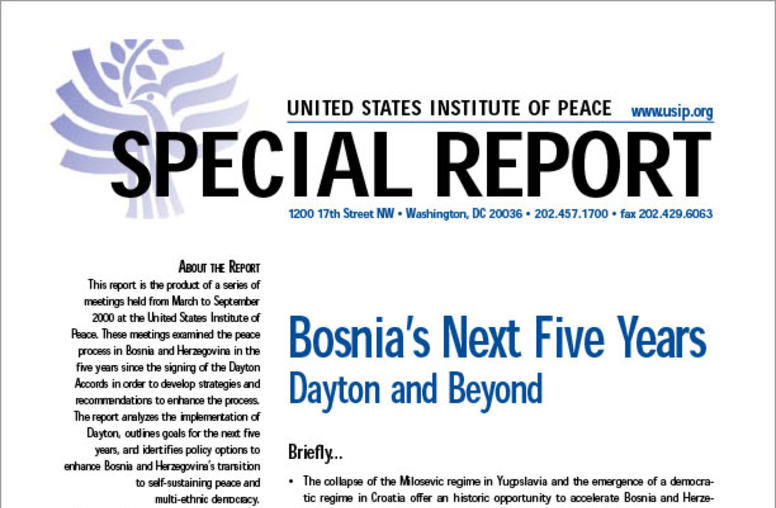
Bosnia's Next Five Years: Dayton and Beyond
The Dayton Upgrade Project at the United States Institute of Peace held a series of meetings to examine the peace process in Bosnia in the five years since the signing of the Dayton Accords. Subjects addressed included post-war security structures in Bosnia, institution building, economic restructuring, ethnicity, and nationalism.
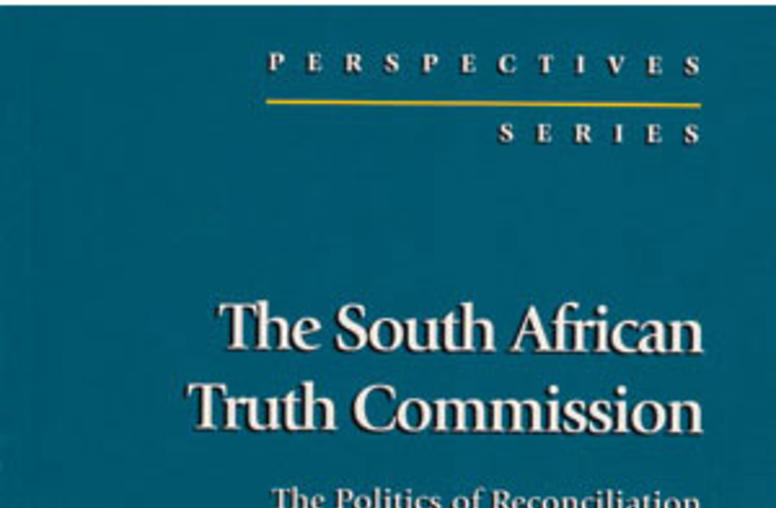
The South African Truth Commission
In the latter half of the 1990s, South Africa’s Truth and Reconciliation Commission (TRC) offered the country the chance to build a better future by facing up to its past. Amid saturation media coverage, victims of human rights abuses told their harrowing stories and perpetrators confessed to horrendous acts.
Truth Commission: South Korea 2000
Truth Commission: Presidential Truth Commission on Suspicious Deaths Duration: 2000 – 2004 Charter: The Special Act to Find the Truth on Suspicious Deaths Commissioners: 9 for each of two terms Report: Public report
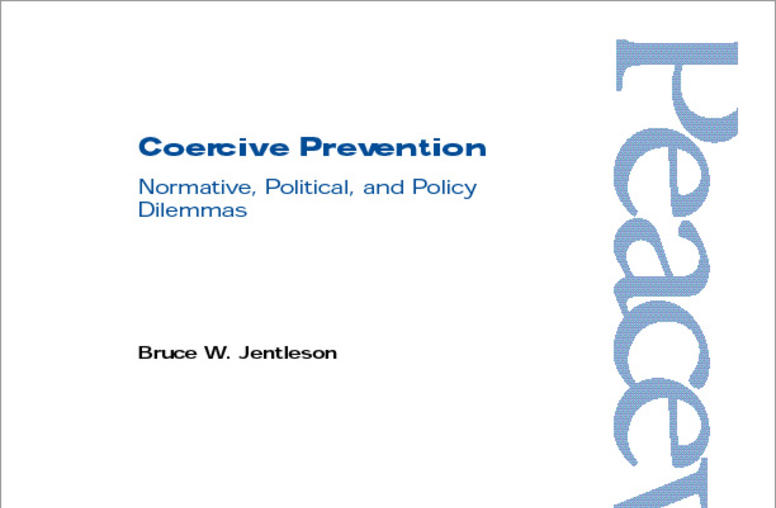
Coercive Prevention: Normative, Political, and Policy Dilemmas
For all that has been proclaimed about the importance of preventive diplomacy, the reality of international action falls far short. This report focuses on one particular aspect of this agenda, namely, the need to take a harder look at "coercive prevention," and particularly at the threat or use of military force as frequently necessary parts of overall preventive strategies. This is a very different approach from versions of preventive diplomacy that make its noncoercive nature a defining pa...
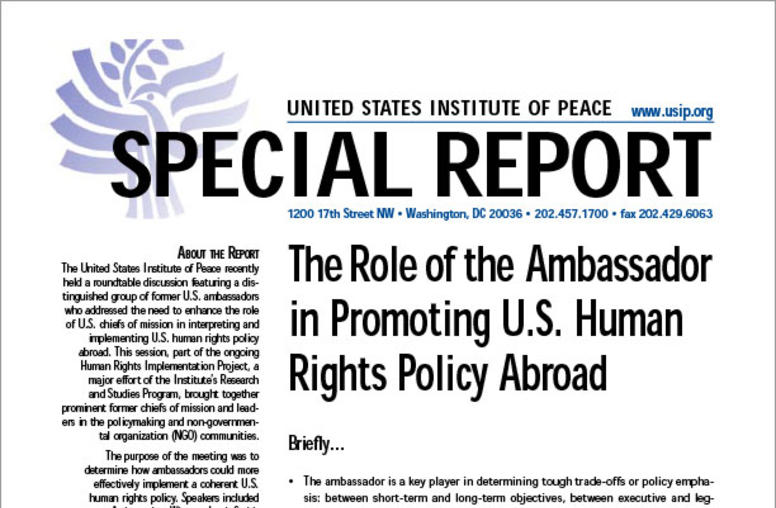
The Role of the Ambassador in Promoting U.S. Human Rights Policy Abroad
Summary The ambassador is a key player in determining tough trade-offs or policy emphasis: between short-term and long-term objectives, between executive and legislative priorities, between strategic interests and specific human rights concerns, between public and private diplomacy, between coercive and cooperative approaches, and between unilateral and multilateral approaches to specific problems.